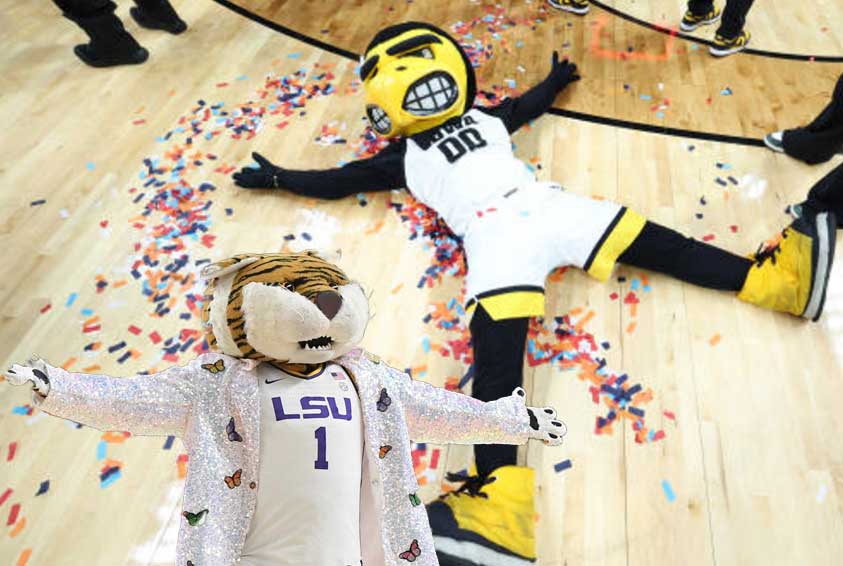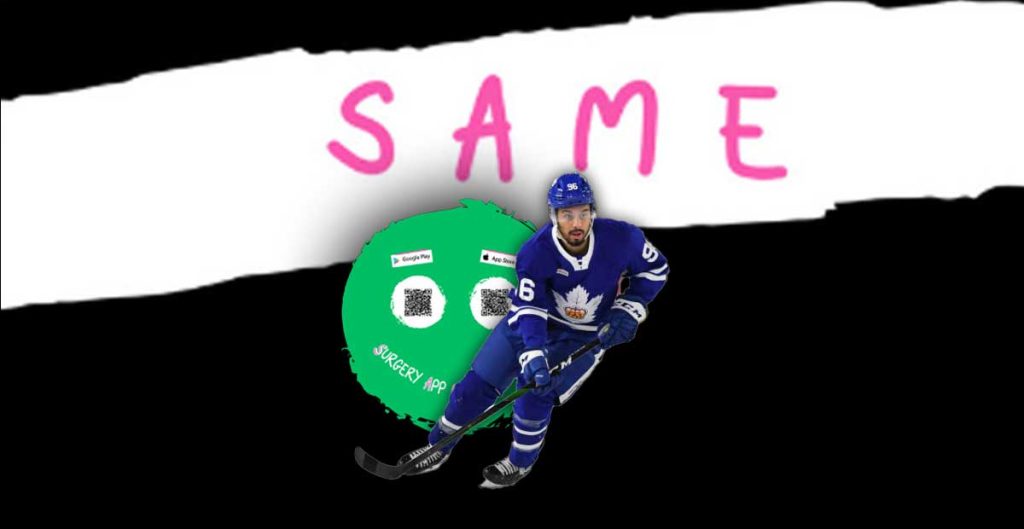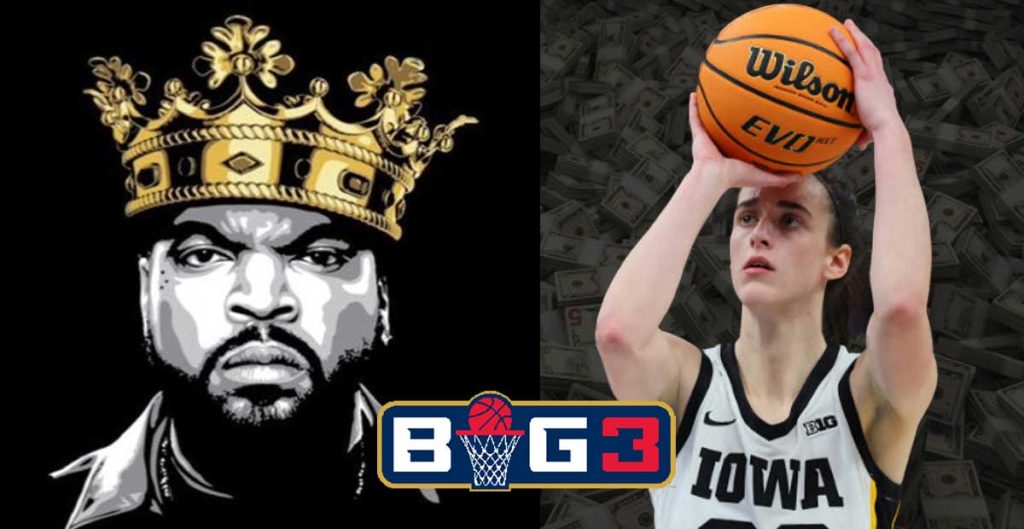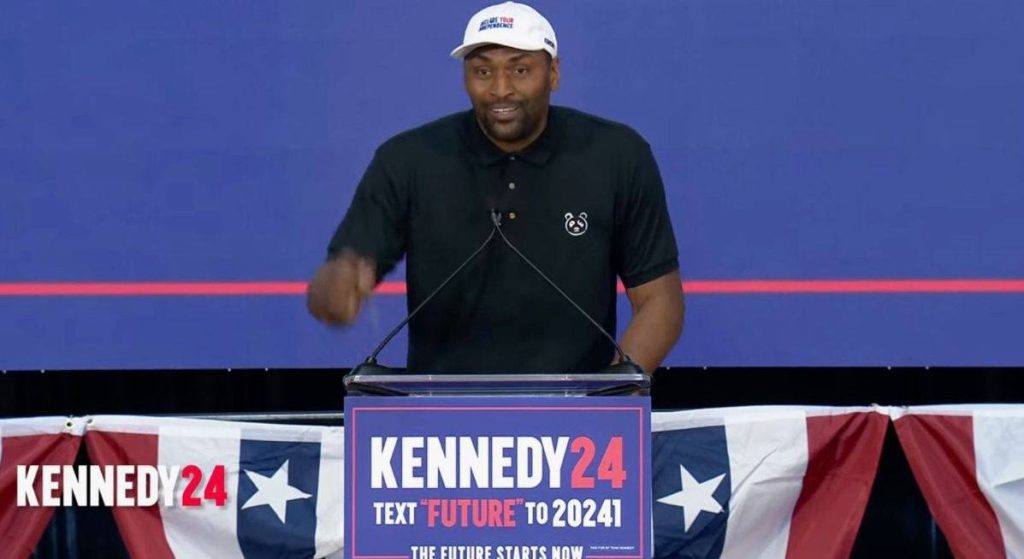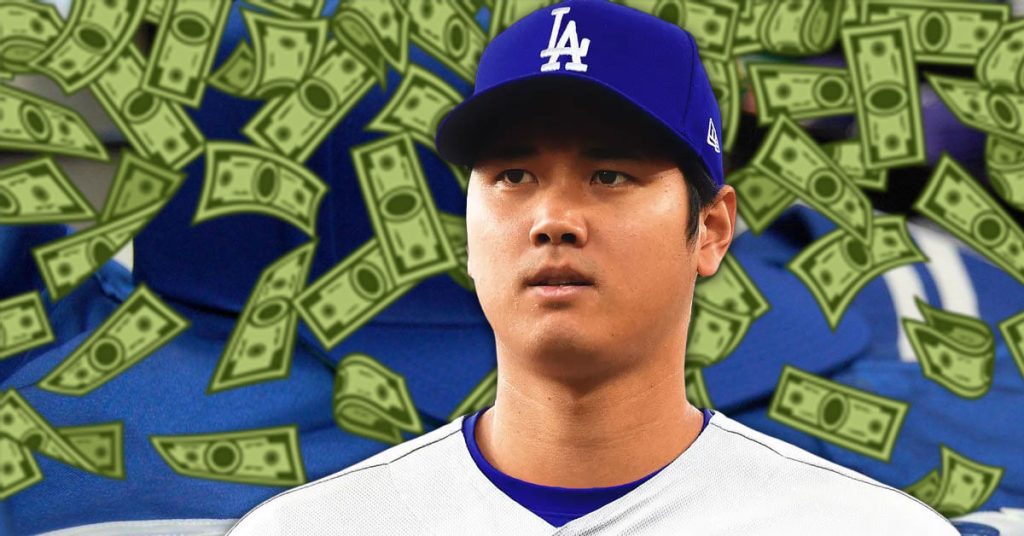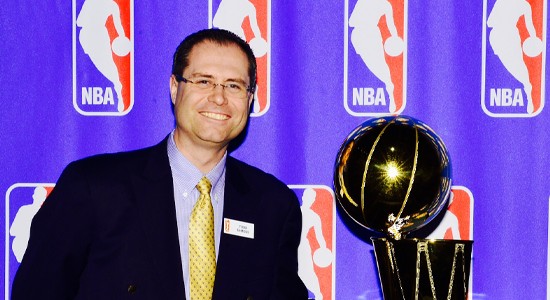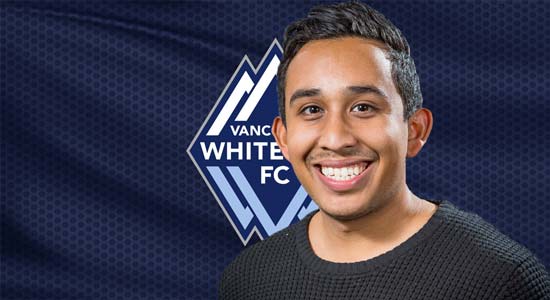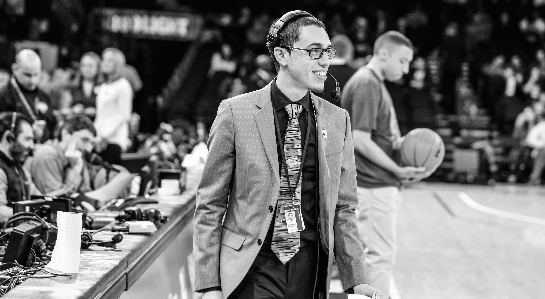
Mistakes Happen But Miami Marlins Director of Event Presentation Entertainment, Matthew H. Mendez Has A Game Plan
Matthew H. Mendez | Director of Event Presentation & Entertainment | Miami Marlins

When it comes to human error we all make mistakes but being accountable for your mistakes is huge. You have to be willing to say I messed up, and sometimes it’s not even your fault.
Matthew H. Mendez
Director of Event Presentation & Entertainment
Miami Marlins
Tell us about your role as the Director of Event Presentation & Entertainment for the Miami Marlins. What does a typical day look like for you?
As the Director of Event Presentation & Entertainment, I am responsible for 6 full-time employees, 1 intern and about 65 part-time employees. Together we try to put on the best show possible for the fans.
There are a few different typical days: an off-season day, a game day, and a non-game day during the season.
During the off-season, we do the majority of our strategy, creative thinking, and planning.
A typical day would consist of meetings with other departments such as marketing, sales, partnerships among others to get to know what they’re working on and their goals for the season and how we can help promote those goals on game days. This can sometimes be challenging as we try to ensure everything we produce has entertainment value and not all topics are the most entertaining to talk about. This is where our brainstorming sessions come into play.
We do a lot of research of best practices throughout the entertainment industry from sports, late-night shows, movies, social media content creators, and everything in-between. All of this results in our game plan for the season with the flexibility to make adjustments as the season goes on.
Now on game days, our typical day looks different as we’re focusing the majority of our time on ensuring we have everything in place to put on a flawless show.
The first thing I usually do when I get in the office is to check my email to make sure there’s nothing urgent that needs to be taken care of, then from there, I would review the script flow to make sure everything seems to be in the correct order and the timing is good. After that, I would do a second pass through the script and take notes of what content we’re missing. It could be a graphic for a one-off presentation, a PA copy for a new partner, or anything else. This serves as a checklist for me prior to game time.
From there, I’ll have a few meetings and then in the afternoon, my attention turns solely on the game. We have a production meeting about 2 hours prior to the first pitch that we run through the script with the full crew, this gives everyone the opportunity to ask questions if they’re unsure of anything.
Once that meeting is over I’m confirming everything is done from the checklist I made earlier and getting ready to jump on a headset for our show to start. Once the show starts I’m locked-in on a headset for the remainder of the game.
Lastly, on non-game days, we’re playing catch up on non-urgent things we put off during the homestand, reviewing notes from the past homestand to see how we can improve, maintenance on control room computers, and more meetings with other departments to see how our execution is helping their initiatives or if we need to make adjustments.
How do you embrace and attract the millennial audience at the Miami Marlins?
We try to embrace all fans and that is something we actively discuss in our brainstorming meetings. Certainly, some content is sometimes more relatable by a specific demographic and some partners ask for content to be made with a demographic in mind. That’s part of the challenge and what makes our jobs unique and fun.
When it comes to millennials we try to be creative and on-trend. We try to give them an experience, a sporting event is just like any form of entertainment you want to go out and have a good time. Yes, some people care more than others about the final score but you’re not going to win every game so you have to make it an experience. That means when the fan enters the building to when the fan leaves.
An example of this is how we incorporate social media and their trends into our game experience. The easiest way is to have fans engage with a certain hashtag and we show some of those posts on the video board, we also try to have good photo/video backdrops and opportunities throughout the ballpark.
Another way we use social trends is with our visual content, from gifs on the main video board as celebrations to the sound bites we use to get the crowd engaged during key moments. Even some of our pre-produced content is based on social media trends like having the players do a social media “challenge” or doing a trendy fan cam think Fortnite dances.
The possibilities are endless but there’s also usually only a small window until the next trend comes along so you have to be on your toes and ready for the next opportunity.
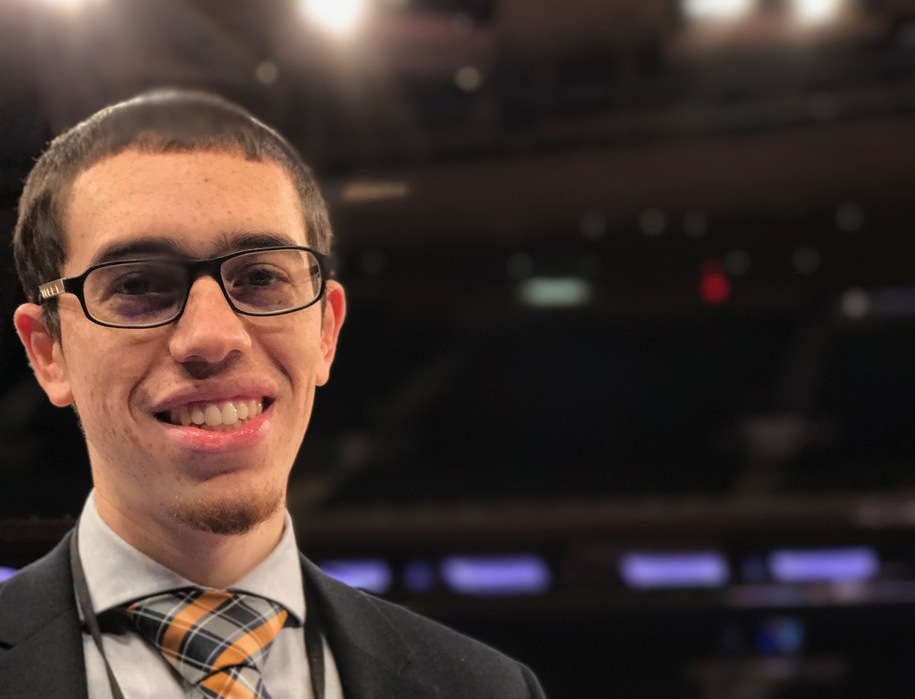
Event presentation almost always comes with challenges given the unpredictable nature of sport. Talk about how you overcome these challenges and have learned to stay calm under pressure.
You have to be prepared for challenges as no show is ever 100% perfect.
There will always be challenges from last-minute changes, technology mishaps, and human error. Not all mistakes are equal but staying calm can make a difference.
I’m the type of person who likes to address challenges and mistakes during a show, so everyone can learn from it. If there’s a last-minute change I try to get everyone’s attention to let them know so we can be on the same page, knowledge is half the battle, you have to know what to expect.
When there’s a technology issue, I try to understand how it will impact the show and if we might have to make some changes while the system is being looked at. Once the system is back up, I try to find out more information as to what happened to make sure it doesn’t happen again.
Lastly, when it comes to human error we all make mistakes but being accountable for your mistakes is huge. You have to be willing to say I messed up, and sometimes it’s not even your fault.
One example is when I was calling something over the headset and the wording I used was confusing to one of the operators. When I asked them what happened, they explained their confusion to me and I changed my wording to try and eliminate that from happening again.
The operator messed up but it was at least partly my fault, therefore, we both took responsibility for it and made the adjustments needed to work towards that elusive perfect show.
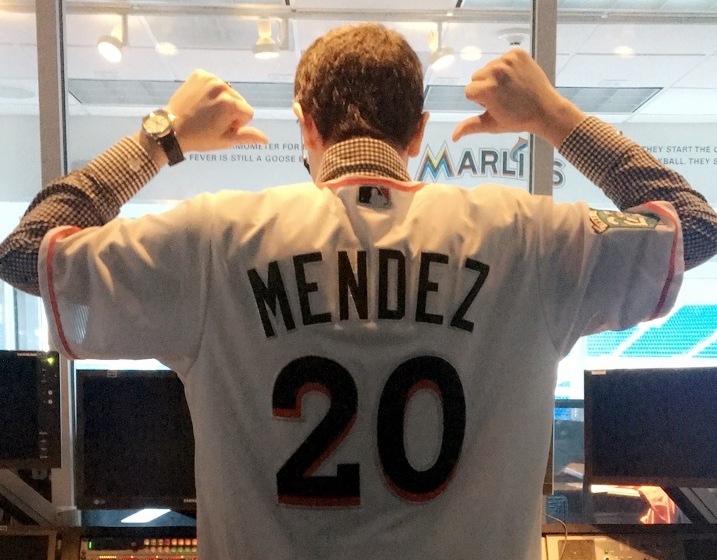
Since you have multiple aspects to focus on at once (e.g. creating a script, crisis management, managing staff, multiple requests, etc.), how do you prioritize and manage all that goes into your role? How does someone learn how to do so many things at once like this?
Being organized, encouraging cross-training and trust. If you are organized and know what needs to get done and when that’s half the battle. When it comes to cross-training, you have to be willing to learn from and teach others the things you do so they can help you, I openly encourage cross-training to the entire staff, myself included.
The show is not possible with one person, it’s a team effort and that’s where trust comes in. Yes, I’m most likely going to be held most accountable for any mistakes but I trust when I ask if the PA copy was updated or if a graphic was loaded and tested when the staff says yes the response is great, thank you not second-guessing them.
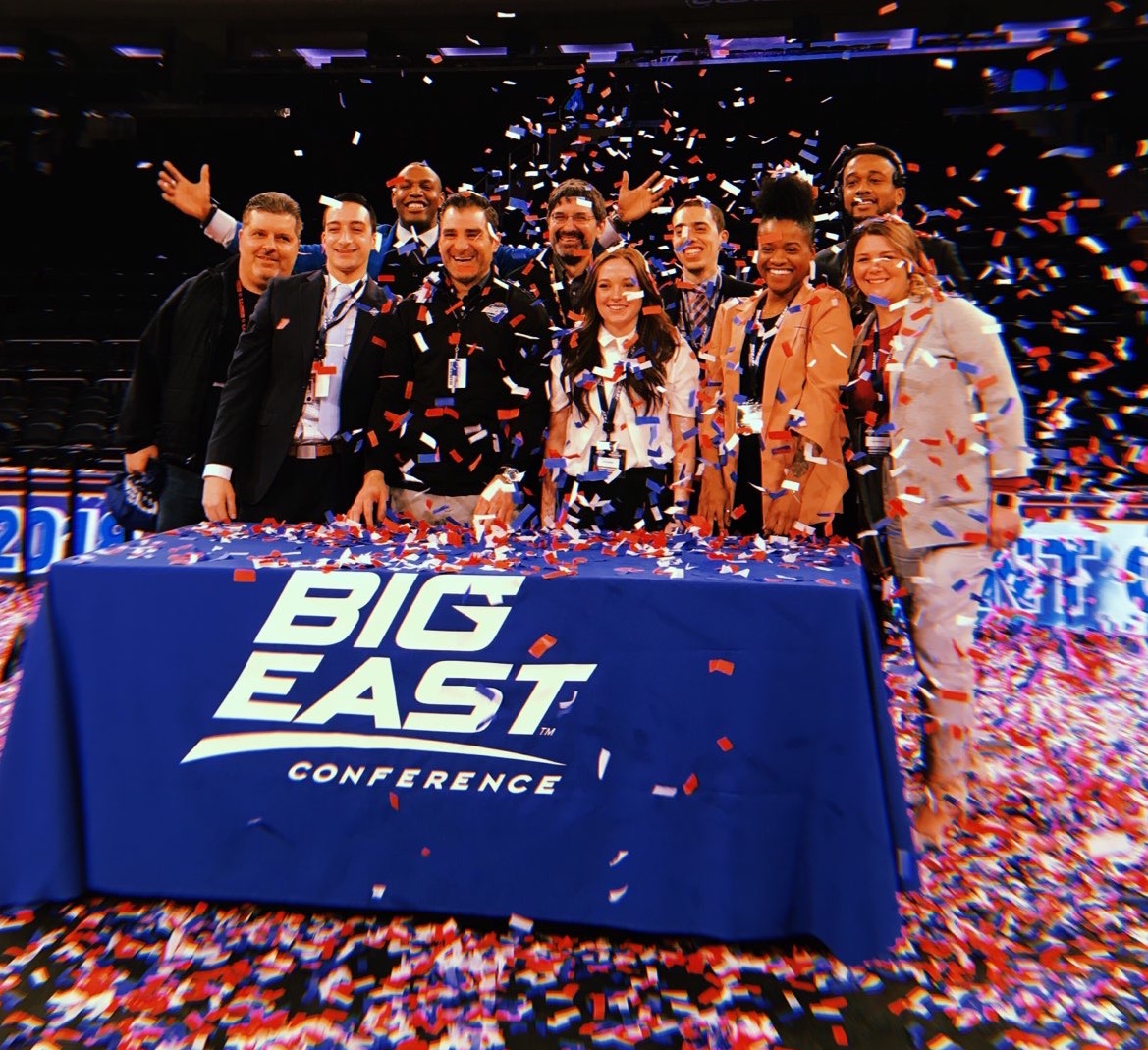
Looking forward, what are some technologies that you are keeping an eye on that you think, once we get live-action back, will enhance the fan experience and continue to engage your audience?
In the immediate future, I think the biggest question is how do we get the fans more involved with the show? We need to continue to think creatively and try to get the fans actively engaged, especially if we start games without fans.
There are resources out there to engage via apps and social media but it’s going to come with some trial and error within the industry as we face challenges. We’re figuring out how fans use second screens when watching games, and what we do during gameplay since we can’t show game action due to agreements with RSNs (regional sports networks). It will be interesting to see how creative some teams will get with this and what will end up working best.
Long term engagement, I think is how do we make the in-ballpark experience unique? What’s going to motivate people to come to the game instead of watching it on TV? Is it exclusive content, advanced stats presented using visual stimulating technology such as AR/VR, photo opportunities, player interaction, etc.
The best way to figure this out is through data, we’ve had open communication with our fans on things they like and dislike about our game experience and we seriously take that into account when planning for our show.
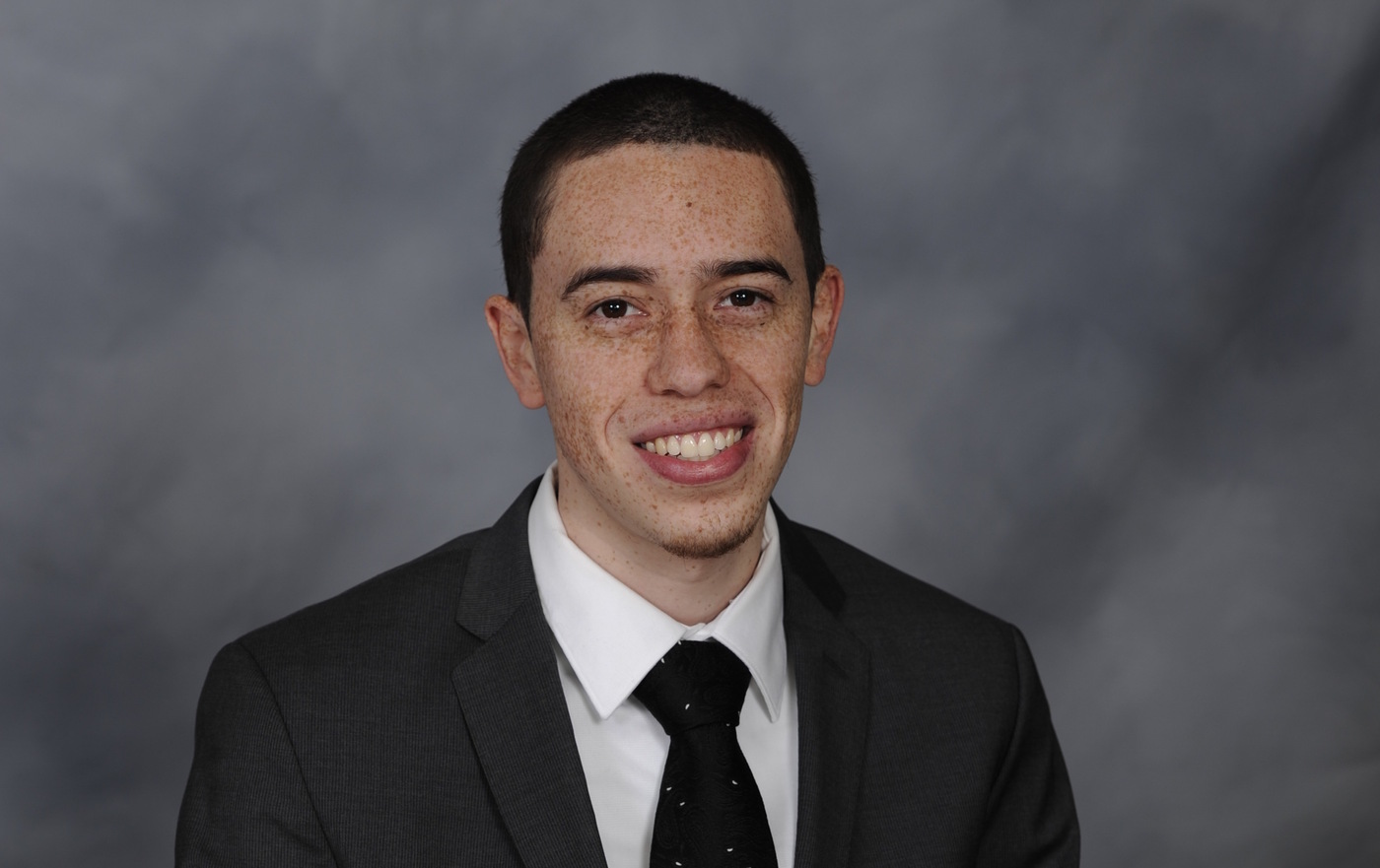
[get_current_post_author_pic_and_name]
Matthew not only has his hands full with the Miami Marlins, but he also owns a production company and works for Madison Square Garden. In light of his busy lifestyle, this only proves how hard of a worker Matthew is. In order for a game day to be as elusive and perfect as the fans see it, Matthew has to work with his team to make sure all aspects are executed flawlessly. Of course, mistakes can happen, but Matthew has learned from them which has taken his shows to the next level. As hectic as event presentation may be, Matthew creates an extraordinary fan experience where they return to the ballpark time and time again.
The Latest



